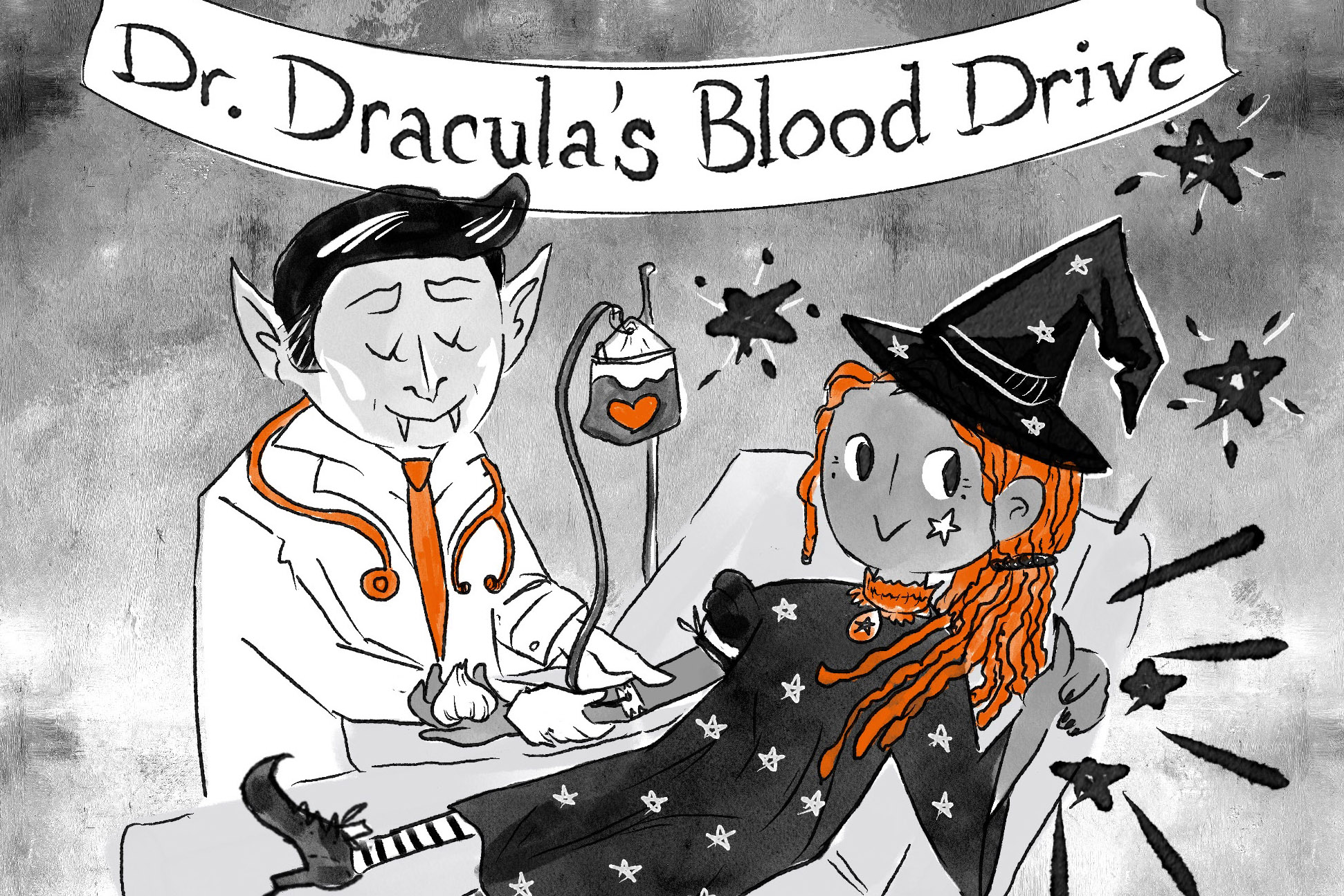A study published in Clinical Cancer Research confirmed that tissue stiffening in the most common types of breast cancer, HER2-negative, can directly cause disease progression and metastasis, leading to detrimental outcomes for patients. The work was a collaboration between researchers at the University of Arizona Health Sciences and clinicians in Spain.
Researchers led by Miguel Quintela-Fandino, MD, at the Spanish National Cancer Research Center evaluated the MeCo Score™, a diagnostic test invented at the University of Arizona, and determined that it can potentially predict the likelihood of relapse or recurrence among patients with early-stage breast cancer.
When standard chemotherapy alone was prescribed in the neoadjuvant setting, high MeCo Scores were associated with much worse survival compared with low MeCo Scores; however, this difference in survival was minimized in patients who received antifibrotic therapy in addition to chemotherapy. Among high MeCo Score patients, antifibrotic therapy reduced the risk of recurrence by 62%, with an average follow-up period of 9.7 years after therapy.
The link between breast cancer progression to bone metastasis and fibrosis was first described in a 2021 study published in Cell Reports and authored by Ghassan Mouneimne, PhD, an associate professor of cellular and molecular medicine at the U of A College of Medicine — Tucson and of cancer biology in the Ginny L. Clements Breast Cancer Research Institute at the University of Arizona Cancer Center. That study determined the MeCo Score is a prognostic biomarker in breast cancer, while this new study establishes the MeCo Score as a predictive biomarker for antifibrotic benefit in HER2-negative breast cancer patients.
“In the case of this collaboration with our colleagues in Spain, we were able to determine that a drug with no previously known benefit to breast cancer patients, an antifibrotic called nintedanib, led to better outcomes when used in conjunction with traditional chemotherapy,” Mouneimne said. “The use of the MeCo Score was crucial to this effort.”
Mouneimne is hopeful that this work is a major step toward U.S. Food and Drug Administration approval of the MeCo Score.
“There’s certainly a lot more work ahead of us, as it will require more clinical validation to get FDA approval,” Mouneimne said, “but this really is a big step in the right direction.”
Mouneimne’s previous work identifying the link between fibrosis and advanced stages of breast cancer provided the mechanistic basis for developing the MeCo Score and led to the launch of MeCo Diagnostics LLC, a startup working to advance the technology so it can be used in the clinic. The inventing team, including Adam Watson, PhD — a former student in the U of A’s Cancer Biology program and the CEO of MeCo Diagnostics — worked with Tech Launch Arizona, the U of A office that commercializes inventions stemming from research, to protect the invention, develop a strategy for the new company and license the technology from the university.
“We’re hopeful that additional clinical confirmation of this discovery will firmly establish a new way to determine which patients may benefit from this fundamentally new therapeutic modality,” Mouneimne said. “As a generic-emergent drug, nintedanib is set for a substantial drop in price in the next couple of years, which may help mitigate the rising cost of treating breast cancer. It’s all about seeking new ways to personalize care and find more cost-effective treatments.
“We are in the initial stages of planning a prospective, multicenter trial using the MeCo Score to guide nintedanib treatment in patients with luminal, ER-positive breast cancer,” Mouneimne added.
Pavani Chalasani, MD, of the George Washington Cancer Center in Washington, D.C., will serve as the principal investigator for that trial. The goal is for the MeCo Score, which is determined using early biopsies, to enable patients to decide whether anti-fibrotic therapy would be beneficial in the neoadjuvant setting before surgery.



